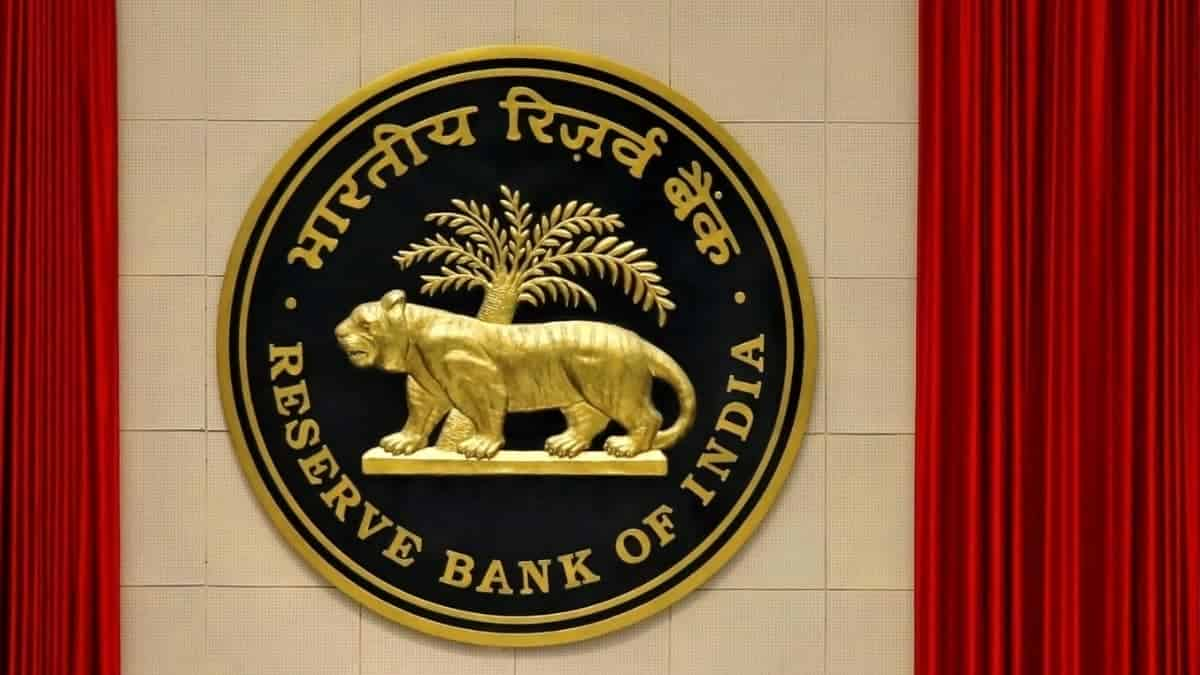RBI increases repo rate by 50 basis points to 4.90%

MPC of RBI increases repo rate
On Monday, the MPC (Monetary Policy Committee of the RBI (Reserve Bank of India) collectively increased the policy repo rate by 50 basis points to 4.90%.
The new policy to come immediate effect to its currency in rolling back the ultra accomodation that was entailed to deal with the huge impact of pandemic.
Accordingly, the standing deposit facility (SDF) rate stands modified to 4.65% and the Marginal Standing Facility (MSF) rate stands at 5.15% along with the Bank Rate.
Additionally, the MPC collectively decided to be focused on withdrawal of accommodation to ascertain that inflation remains within the target going forward and supporting growth, says RBI governor Shaktikanta Das said while announcing the rate hike.
He announced that the real GDP growth for 2022-23 has been retained at 7.2%, with Q1 at 16.2 per cent; Q2 at 6.2%; Q3 at 4.1 %; and Q4 at 4.0%, with risks strongly balanced.
However, 75% of growth in inflation can be credited to the food group.
Additionally, the standard inflation projection of 6.7% for 2022-23 does not take into account the impact of monetary policy actions taken today, the RBI governor said.
The inflation and economic requirements/recovery :
During February and April, inflation has increased by 170 basis points.
The RBI governor also stated that, ‘With no resolution of the war in sight and the upside risks to inflation, prudent monetary policy measures would ensure that the second-round effects of supply side shocks on the economy are contained and long-term inflation expectations remain firmly anchored and inflation gradually aligns close to the target’.
The monetary policy also includes removal of accomodation, will be regulated keeping in mind on the ongoing economic requirements, Mr Das added.
RBI Governor’s Statement:
During the statement, Mr. Das said that, ‘The war in Europe is lingering and we are facing new challenges each passing day which is accentuating the existing supply chain disruptions’.
‘Thus, food, energy and commodity prices remain exalted.’
He continued, ‘Countries across the world are facing inflation at decadal highs and persistent demand-supply imbalances. The war has led to globalisation of inflation’.
However, the monetary policy is refocusing and revising their policies and Emerging market economies (EMEs) are facing bigger challenges from increased market agitation.
Adding to which, the economic recovery process in EMEs is also getting affected.
Due to such challenging and difficult times, the Indian economy has recovered with the support of macroeconomic fundamentals and buffers, despite the pandemic and the war, informs RBI governor.
‘On the other hand, inflation has steeply increased much beyond the upper tolerance level.’
‘A large part of the rise in inflation is primarily attributed to a series of supply shocks linked to the war’.
‘In these circumstances, we have started a gradual and orderly withdrawal of extraordinary accommodation instituted during the pandemic’, Mr Das added.
He also confirmed that the Reserve Bank will be proactive and decisive in alleviating the fallout of the ongoing geopolitical crisis on the economy.
‘We’ve already focused on our policies to decrease inflation without losing our focus on growth requirements,” he said.
Mr Das continued, ‘We will remain focused on bringing down inflation closer to the target and fostering macroeconomic stability’.


